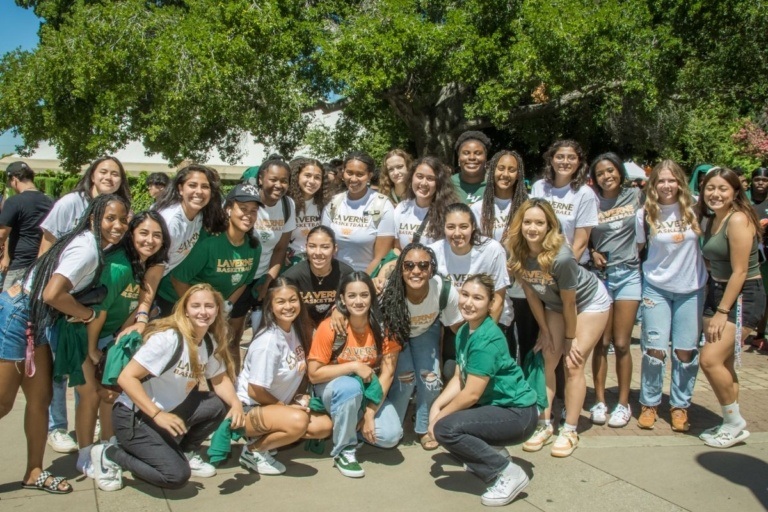La Verne Student Presentation Featured on Stem Cell Research Blog
Students in Christine Jagannathan’s online oral communication class all raise the same concern at the beginning of the term: How do you give an oral presentation online?
It is a question that is being answered more and more with the growth in online education. But what caught the University of La Verne Business Professor by surprise was the ripple effect her course has had on cyberspace.
Gionna Dudra, a University of La Verne business administration major who began taking Jagannathan’s Oral Communication in Organizations course in the winter term, produced a video for the class that was picked up at an online repository for stem cell-related multimedia.
“This is the first time I’ve heard this happen,” Jagannathan said.
The video features Dudra speaking to a video camera on stem cell history and related issues such as the Supreme Court case Roe v. Wade. It is a course requirement for students to produce a research-based informative presentation and either share it via cloud-storage or on a video site such as Youtube.
The website StemCell.tv, which covers topics such as genetics, as well as gene and cell therapy, features webinars and video discussions by doctors and patients.
“I chose stem cells as my topic for this project because I am amazed as to what stem cells can do,” Dudra said. “I had heard about them in the past, but I didn’t fully understand them.”
Jagannathan said some of her students are comfortable speaking in front of a live audience, while others are not. Online instruction adds a new dimension to the skill.
“Both groups think it’s very challenging to just talk to a camera, make eye contact, be natural and not read your notes,” she said.
With the growth of online courses, the use of technology could also grow, depending on the instructor. Jagannathan anticipates an increase interactive technology such as video conferencing. But instructors cannot assume that all students are tech savvy.
“The most important aspect of online (courses) is just to be there,” she said. “You will get emails, you will get occasional phone calls and you have to be there.”


